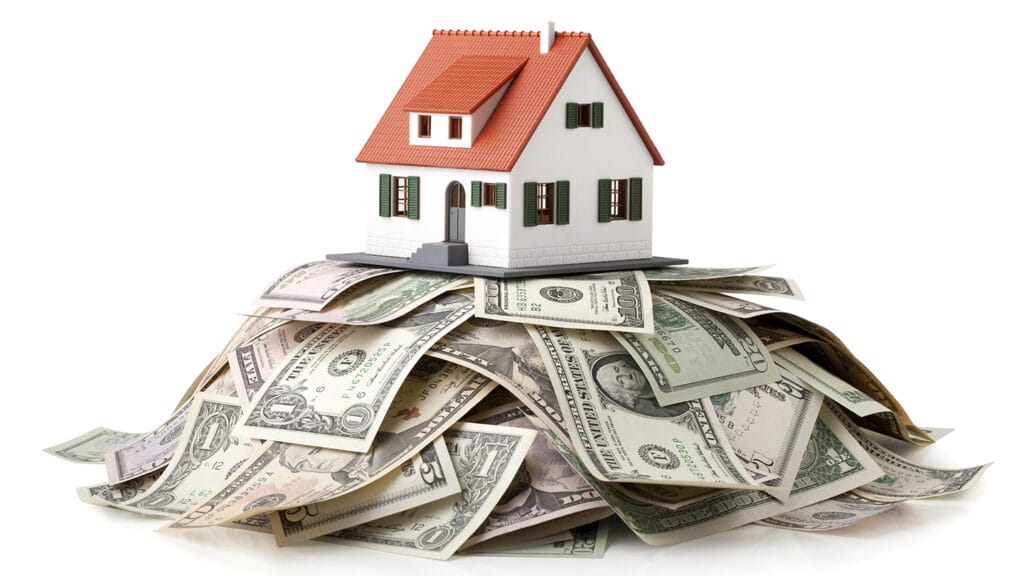
The federal government has announced the availability of $115 million in grants to develop and improve affordable senior housing for low-income older adults.
Offered under the Section 202 Supportive Housing for the Elderly program, the funding from the Department of Housing and Urban Development is meant to help nonprofit organizations create new, or rehabilitate existing, housing that is resilient and energy efficient for low-income adults aged 62 or more years.
HUD said it expects to make approximately 20 awards of up to $20 million each through the “very deeply targeted program,” Linda Couch said during Wednesday’s LeadingAge policy update call. Couch said the real “golden ticket” in the awards is 40 years of ongoing operating subsidies through Project Rental Assistance Contracts, which cover the difference between what residents pay toward rent and what it costs providers to operate the properties. Those operator costs often include a service coordinator to connect residents to services and supports that enable residents to age in community.
The capital advance funds must be used to finance construction, reconstruction, moderate or substantial rehabilitation, or acquisition of a building. Operators do not need to repay the grants if housing remains available to very low income older adults for at least 40 years.
In addition, $35 million of the grant funding will be allocated to create intergenerational housing with features designed to meet the needs of older adult-headed households where children aged fewer than 18 years are being raised.
“These funds, allocated for both rental assistance and development costs, offer a solution to address the persistent housing needs of seniors across the nation,” Assistant Secretary for Housing and Federal Housing Commission Julia Gordon said in a statement. “We are maintaining our commitment to supporting safer, healthier, more energy efficient homes that help address both the climate crisis and the housing crisis together.”
LeadingAge said that this is the fourth consecutive year that HUD has issued a national competition for Section 202 homes. In a blog post, Couch wrote that LeadingAge has advocated for the government to revive and strengthen the Section 202 program — which Congress paused funding for from 2011 to 2018 — because “severe housing costs burden most older adults with very low incomes.”


